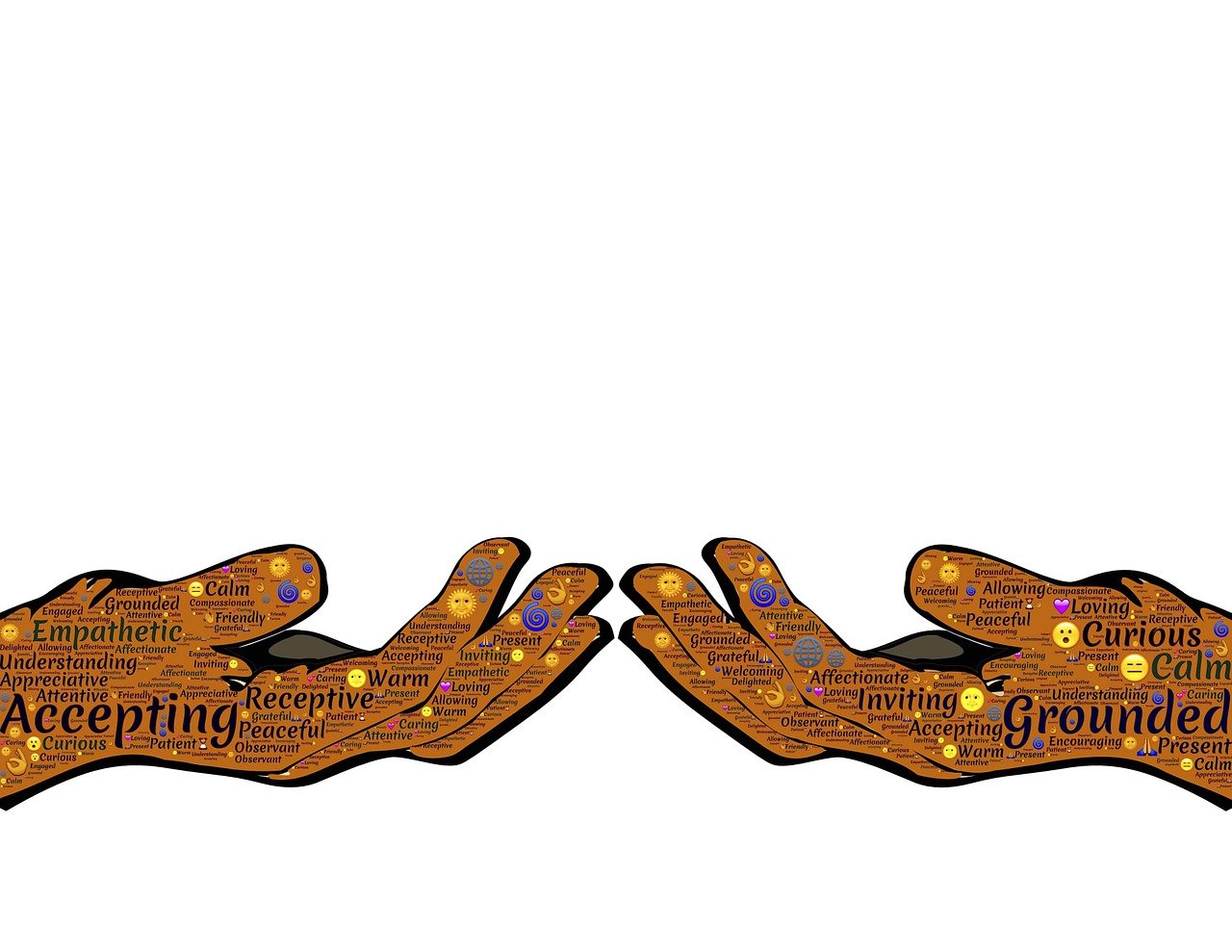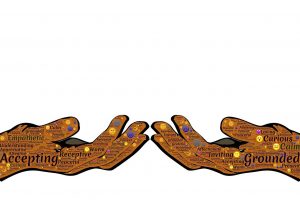Psychology versus Psychotherapy
The Question: What are the similarities and differences between psychology and psychotherapy, has been a very popular question among the novices in the field. People often get confused as why there are two names for the same practice: the management and resolution of emotional difficulties.
Are they working in the same way, though, and are they promising the same results?
Psychologist versus Psychiatrist
Often the query includes also the role of psychiatry in the treatment pallet. Psychiatry seems to be easier to comprehend for the majority of people as involves the treatment of emotional challenges through medicine such as antidepressants, antipsychotics, mood stabilisers and so on. Almost automatically we make the connection that going to see a psychiatrist means that a person is mentally ill and suffers from concrete and persistent symptoms. The terminology used follows the medical model that is also used for any physical illness and psychiatrist study and treat the physiology of a mental illness e.g. the chemicals of the brain.
Are mental illnesses like any other physical illness or require a special treatment model?
We will try to answer the above questions to the best of our knowledge and experience. We strongly recommend to the reader to search in several sources before they conclude their opinion about such important questions.
Psychology versus Psychotherapy: Training & Practice
Psychology deriving from the field of philosophy is the study of mind and behaviour. As a western scientific discipline it follows various methodological models to acquire its knowledge. Through methods of observation, experimentation, testing and analysis explores ”the biological, cognitive, emotional, personal, and social processes or stimuli underlying human and animal behaviour. The practice of psychology involves the use of psychological knowledge for any of several purposes: to understand and treat mental, emotional, physical, and social dysfunction; to understand and enhance behaviour in various settings of human activity (e.g., school, workplace, courtroom, sports arena, battlefield); and to improve machine and building design for human use.” (American Psychological Association, APA, –www.dictionary.apa.org/psychology)
The training usually consists of 3 or 4 years in a University with some student placements in institutions such as schools, hospitals etc. The degree does not require students to do any psychological work on themselves as clients. In some countries the graduate needs to hold a license and a professional membership in order to work as a psychologist. Psychologist offer one to one and/or group sessions and they draw from a variety of theories and methods.
Psychotherapy, on the other hand, is an umbrella term for many different theories and methods including psychoanalysis, integrative, art, counselling, psychodynamic, humanistic, transpersonal and others. Taking into account many psychological theories, each type of psychotherapy follows their own chosen theories and methods for therapy i.e. talking, art expression, visualisations etc. It is usually 4 years long on a part time basis within a private institution that leads to postgraduate certification. Students are required to complete a large amount of placement hours providing counselling and therapy as well as hours on personal therapy to work on themselves. Psychotherapists are being assessed on their skills and knowledge to provide therapy and attend supervision to reflect on their practice.
Can a psychotherapist diagnose?
Psychiatrist and Psychologist are often using various assessment tools to give a diagnosis. Psychotherapist, on the other hand, even though they are aware of the various diagnosis and the clinical (very serious) presentation of a person, they take them into consideration and work with the person beyond their diagnostic label. Diagnosis can be a helpful tool for a person to understand the context of their symptoms and can, also, be a hindrance when the person overidentifies with it.
What is the difference between psychologist and psychotherapist?
Similarities
For those that are looking for a single winner, I am afraid they will be disappointed as there is no such straight forward answer.
Both modalities are concerned with human behaviour, instincts, personality traits and disorders, mental illness, wellbeing and issues of happiness etc. They both desire to help a person feel better from the difficult feelings, thoughts or dysfunctional behaviours they experience. Both of them use conversation and dialogue as a way to bring about understanding and any desired change. They are both offering an open ended processes and usually the end of the work is being agreed by both the client and the therapist.
Differences
Psychology follows mainly a more quantitative approach, observing animals’ and people’s exhibited behaviour and theorising based on the results. It is striving to understand how behaviours are being formed in order to explain human psychology and assist when ‘problematic’ behaviours are being chosen. Examines all parameters that influence human decision making process as well as the personality formation. Psychologists can understand people’s problems based on theories and advise the person on ways to resolve them. These theories can be applied in other context’s such as organisations to influence behaviour on a larger scale. Often psychologists acquire additional training in psychotherapy as it provides them with more focused knowledge and skills to work with people.
Psychotherapy is more oriented towards subjective experiences and individuality. It focus on how early life experiences influence and form a person’s personality and their emotional and behavioural patterns. It makes use of the therapeutic relationship as a safe and experimental alliance within which relational dynamics can be explored, re enacted and worked through with unconditional positive regard. The aim is for the person to understand and give their personal meaning to their experiences in a way that will allow them to choose freely how to feel and respond to them.
Should I see a psychotherapist or a psychologist?
Choosing a therapist: a few tips
The comparison of psychology to psychotherapy is more relevant to those who are, actually, interested in doing some work on themselves. Historically, going to see a professional has been a taboo, although, in some societies it still is, as one had to be ‘mad’ to take that step. Luckily, perceptions are changing and more and more people become open to seek some help by talking to someone other than their immediate environment. Family and friends can be good and caring listeners, but might not necessarily know how to help someone who faces some serious challenges.
Finding and choosing a therapist might be a difficult process. In many countries there are associations that publish the details of qualified (and insured) professionals that abide by ethics and principles of the relevant association. These days there are many approaches to choose from which makes it harder to decide. Often people have to see several different therapists in order to find the one that suits them. Some people have also had unpleasant experiences with therapists and formed a negative opinion of the profession in general.
- Check the person’s qualifications and experience: The quality and effectiveness of the service you receive depends highly on the training and the work that your therapist have committed to. Opening up one’s inner world can be a fragile and frightening process that requires respect, sensitivity, care and compassion. Do not compromise for anything less!
- Do some research on the approaches that interest you: There is a vast selection out there to choose from. If you know that you can express yourself better through art, then why not to choose an art therapist or someone that uses art in their sessions?.
- Ask as many questions as you can beforehand: There is no such thing as ‘silly’ questions when it comes to your health and needs. Ask any questions you have before you even meet someone and assess the answers they give you. In a way any professional has to convince you that they are serious about the work they are doing.
- Trust you own ‘gut feeling’: You might visit the most expensive therapist in your area, but they may not feel right for you; that is ok! Your instinct can be your criterion and guide to who and what feels right for you.
With their differences and similarities, Psychology and Psychotherapy are human made modalities that seek to offer some help. Being offered by people makes them less than perfect and yet can still be useful. Whichever your choices might be, stand by yourselves and support them. Your life and your selves belong to you!



